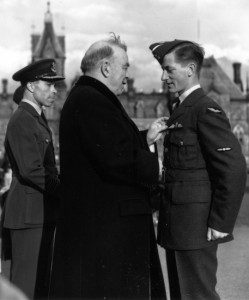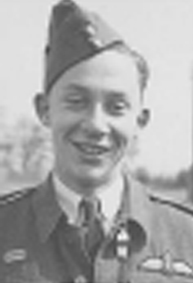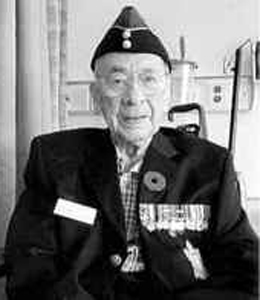
December 17 is an anniversary. It’s not the kind of anniversary Canadians notice much anymore. Indeed, the number of those who acknowledge it, dwindles each year. And yet, it’s the day back in 1939 that some historians suggest marked this country’s true declaration of independence. Then Prime Minister William Lyon Mackenzie King signed an international agreement that day.
“I suppose no more significant agreement has ever been signed by the Government of Canada,” King wrote in his diary that evening. It also happened to be his 65th birthday, so it was doubly auspicious, he thought.
The agreement in question wasn’t the repatriated Canadian constitution (that didn’t happen until 1982). But it was the first time Canada refused to take her marching orders from Britain. The agreement King co-signed with the prime ministers of Australia, New Zealand and the United Kingdom, created the British Commonwealth Air Training Plan.
It obliged Canada, which the previous September had declared war on Germany, to spend $1.75 billion on the training of pilots, navigators, gunners, radio operators, bomb-aimers, flight engineers, riggers and fitters – all the military aircrew the Allies would need to win back the skies over Europe, North Africa and the Pacific. In other words, the creation of the BCATP meant that the fate of the free world’s military aviation capability rested in Canadian hands.
“Let there be no mistake about the significance of the present war,” King announced to Canadians Dec. 17, 1939. “It is a desperate struggle for existence itself… To save mankind, the airmen of the British Commonwealth are dedicating their lives.”
Twice in the past two weeks I have delivered eulogies in remembrance of two of those dedicated Canadian airmen: Frederick (Jeff) Jeffery on Dec. 8 and John Cameron Turnbull on Dec. 14. Both died in their 80s. Both died having lived full free lives with happy marriages, plenty of offspring and successful peacetime careers. But both men were early products of that massive training scheme signed into existence 71 years ago tomorrow.

When Prime Minister King created the BCATP, Jeff Jeffery was still 15 and living in B.C. But two years later, when the Japanese bombed Pearl Harbor, he spent many nights that winter – in blacked-out Vancouver – sitting on the roof of his home searching the horizon for attacking Japanese naval and/or aircraft. They never came. Instead, the following spring – 1942 – Jeff enlisted in the RCAF, trained in the BCATP as a pilot and then was posted overseas to 432 Squadron, No. 6 Group of Bomber Command. He flew 32 combat operations in Halifax bombers and earned the Distinguished Flying Cross.
When I interviewed him about his flights piloting his “E for Eddie’s Nightmare” Halifax into combat, he always said they never got into any serious situations over Germany. One time I pressed him and he relented:
“It was over Stuttgart one night,” he said. “This fighter, a Messerschmitt was right above me. He almost ran into me… I don’t think he saw me, but I looked up and I could count the bloody rivets in the skin of his aircraft. I could see the big Black Cross on his wing. But he was gone in an instant. We were just lucky, I guess…”
My view is that the innate skill of the man and his BCATP training made the difference. As it did the other veteran I said good-bye to this week.

John Cameron Turnbull was the third of Lillian Turnbull’s sons to enter the RCAF during the Second World War. John and Robert were pilots and Walter was a navigator – all trained in Canada’s BCATP. In fact, on at least five different occasions late in the war, all three Turnbull brothers participated simultaneously in the nightly 1,000-bomber raids against industrial targets in Germany. And on every occasion all three Turnbull boys came home safely.
“That was sort of tweaking the nose of the dear Lord, just a little bit,” John Turnbull admitted to me in an interview.
As a Halifax pilot with 419 and 424 Squadrons, Turnbull was also awarded the Distinguished Flying Cross. In fact, he recalled for me the occasion, when King George VI actually pinned the DFC on his chest. Turnbull didn’t remember the honour of receiving the award, the thrill of saluting the King, or the elegance of Buckingham Palace. He remembered the up-turned end of the ceremonial red carpet and his fear that the King might trip over it.
There’s much else I remember of the two veteran airmen I eulogized this past week. Good and bad times with wartime comrades. Periods of boredom punctuated by moments of sheer terror. The relief of surviving it all. But mostly I think of the right to think, speak out and write freely they gave me.
They began delivering that gift – the first of the Christmas season, if you like – on Dec. 17, 1939.